As coronavirus has spread around the world, Australia is in her Covid-19 second wave. As the outbreak continues and parts of Melbourne are in lockdown again, health officials warn it is now - more than ever - essential to be compliant with the strict hygiene procedures to prevent the spread of coronavirus.
Now is a crucial time to understand how you can help prevent the spread of the disease and what you can do to cut the risk of infection at home or out and about.
1. Social Distancing

Social distancing means keeping a space of 1.5 m between you and another person, outside your household. Since people can spread the virus - even before they know they are infected - it is important to stay away from others when possible.
It is one of the best tools we have to avoid being exposed to Covid-19 and slowing its spread, not only locally but across the world. Australia has implemented public health measures, including physical distancing and hygiene practices early on and that has proven to be very effective in suppressing the spread of the coronavirus.
As Australia slowly eases coronavirus restrictions, the rule of 1.5 m still applies. As we will be living with COVID for the near future, this fundamental public health measure is going to remain important and will become part of the 'new normal' over the world. It is the best way to prevent the risk of the spread.
2. Wash your hands regularly to prevent Covid infection
When you’re out and about interacting with the world, you are exposed to numerous germs and bacteria. When this happens, your body creates antibodies to prevent you from getting ill. With coronavirus being a major contagion, washing your hands regularly will ensure you remove any possible germs from your skin, preventing them from having the time to enter your body.
There are many ways to wash hands - one of the easiest ways to make sure you are washing for long enough to cleanse your skin of germs. Sing happy birthday while you do it. Spend an equal amount of time washing the palms, between the fingers, under the fingernails, up to the wrists, and the back of your hands. Avoid hand towels in a public restroom, opt for paper towels as far as possible.
3. Use a sanitiser
While washing your hands with soap and water for at least 20 seconds is the best way to clean your hands, alcohol-based hand sanitisers are a suitable alternative, as they can reduce the amount of harmful pathogens that may be living on your skin. Keep a pocket-sized hand sanitiser on you at all at times and use it regularly.
Make sure you use a hand sanitiser with at least 70% alcohol as this kills 99.99% of all micro-organisms. We know hand sanitisers are becoming difficult to find in the stores again, so order them online with home delivery, not only does this save you a trip into the public sphere, but you’re more likely to find stock.
Our Antibacterial Hand Sanitiser is an Australian disinfectant hand rub that contains 70% alcohol and lemon myrtle to keep your hands soft. The 1L bottle makes them ideal to use at home, in your cafe or restaurant, or in the office.
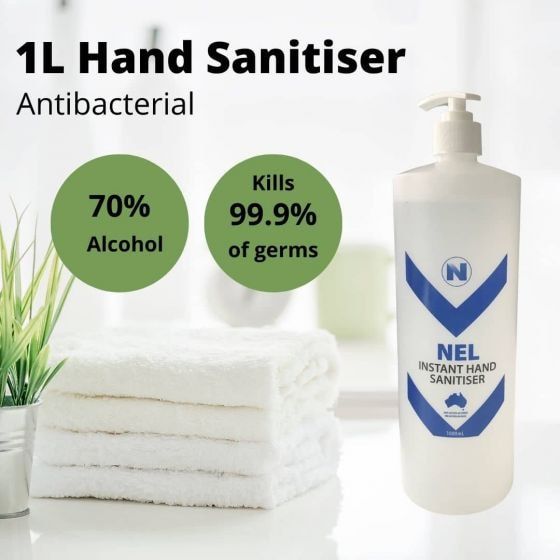
4. Use a N95 mask
A study from the Oregon Health & Science University, funded by the WHO, has confirmed that face masks are efficient against the spreading of Covid-19. Even surgical masks, which are not designed to filter the harmful particles from the air, appear to be effective. The P2 or N95 masks, which are designed to filter pathogens, along with full protective gear including face shields and gloves, may help even more.
It’s annoying and it’s limiting, but a N95 mask will ensure you don’t breathe in any harmful viruses or bacteria that are spread by others via their breath. It’s only when someone eats a peppermint that we can fully appreciate just how far each person’s breath can travel because the mint flavour and odour is so tangible in the air. If you are using public transport, make sure to protect yourself by wearing a face mask.
Our Bacteria Protective Mask by Dr. Hoffmann will filter out dangerous P2.5 particles, preventing bacterial and viral infection. The innovative replaceable copper filter neutralises the particles before they enter the lungs. The reusable and washable face mask can be used for up to 2 months. The mask adapts to your face and ensure great comfort.
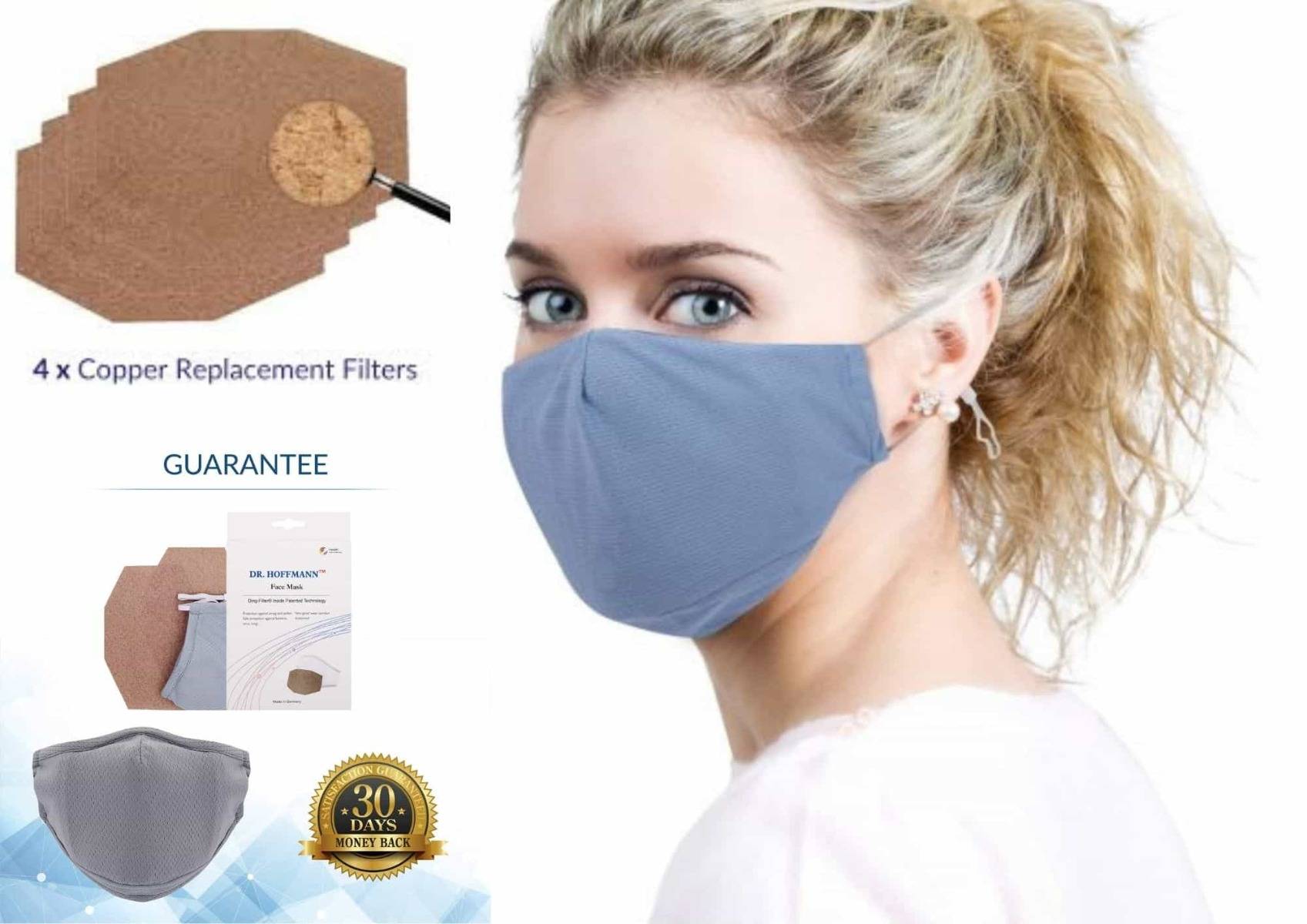
5. Cough hygienically
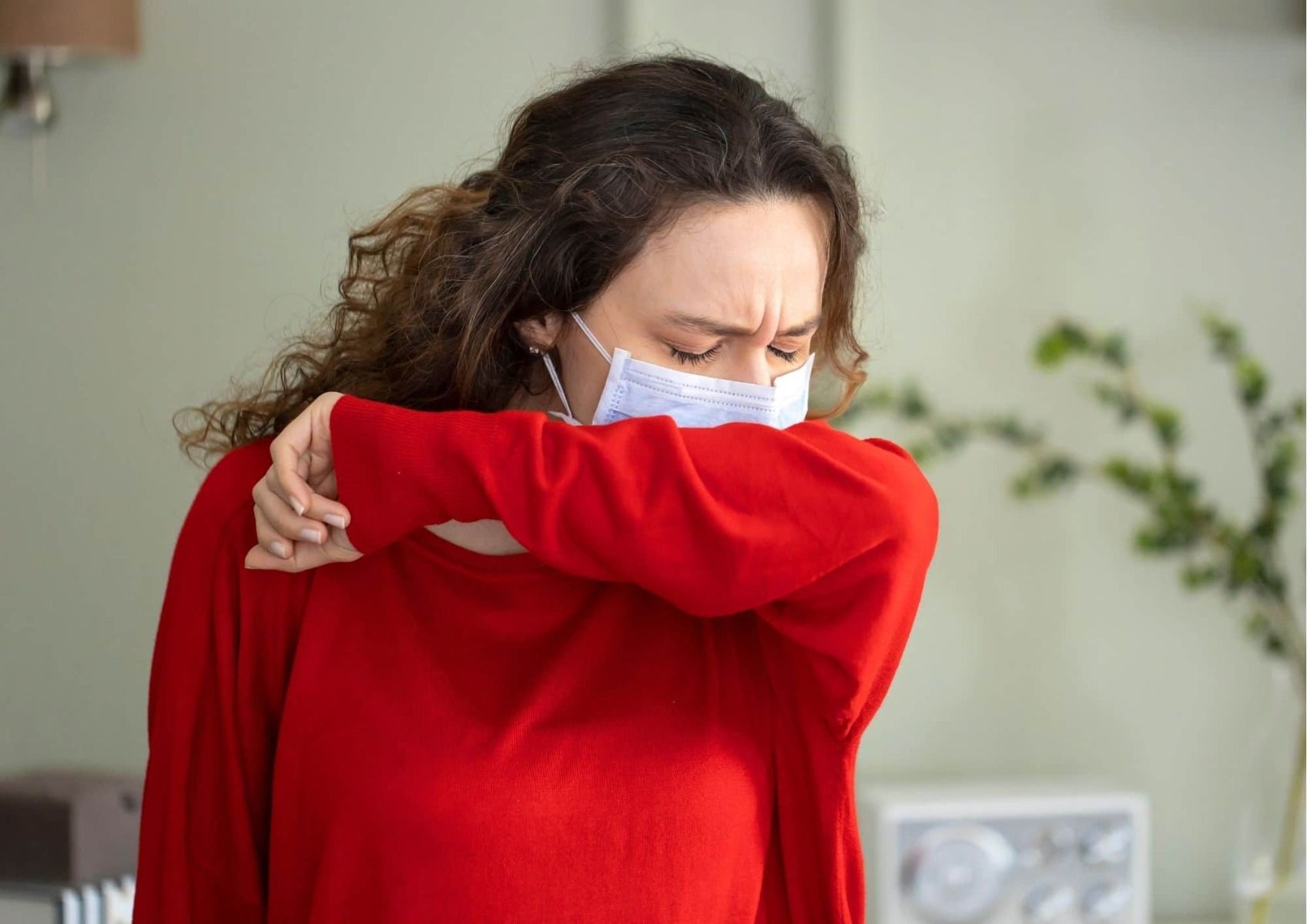
When we cough, we spread a full range of viruses and bacteria in our body. It’s not enough to cough into your hand or cough to the side. Even if you avoid coughing onto another person, you might be coughing onto a surface someone else will be touching in a few minutes’ time. The most hygienic way to cough is into your own elbow, turning your head and torso away from the people near you. If you want to be sure, use a multipurpose alcohol wipes after coughing.
6. Covid- greeting
All around the world people are changing their greeting habits to reduce the risk of contracting the coronavirus and prevent it from spreading. In France and Italy, authorities are encouraging people to stop greeting with a kiss on the cheek.
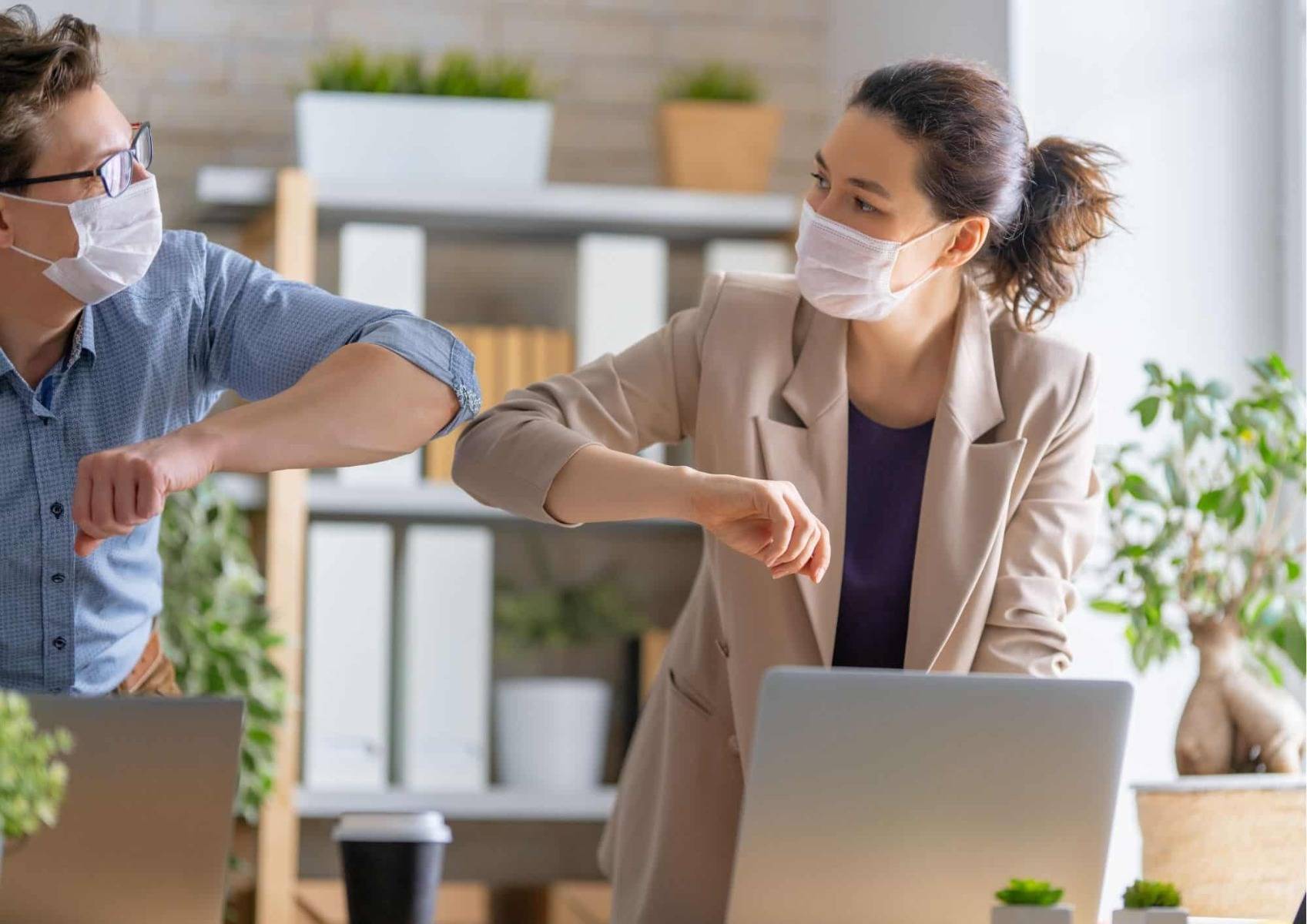
A Sydney GP has recommended not to give a handshake, avoid kissing, give up high fives and definitely refuse a hug as part of stopping the infection. Elbow pumps and foot-shakes are now a safer alternative to shaking hands, although we don’t think that will take off soon in Australia.
7. Rely on the information of experts regarding Covid
Conspiracy theories, misinformation, and the media hype have led to unnecessary panic. It is vitally important to take precautions. Don’t rely on social media posts for updates, they are riddled with incorrect information. We have to rely on credible sources for information.
Choose the site of the Department of Health to get all the information and updates on the coronavirus. Turn to medical pages and real doctors. If your source has a URL that ends in .edu as opposed to .com, it is likely to be a credible source.
Conclusion
Whilst these precautions are not a silver bullet solution for infection, they are perfect preventative measures to reduce the risk to spread the coronavirus.
Stay vigilant and mindful of the potential risks of the virus.
 Registered NDIS Provider
Registered NDIS Provider










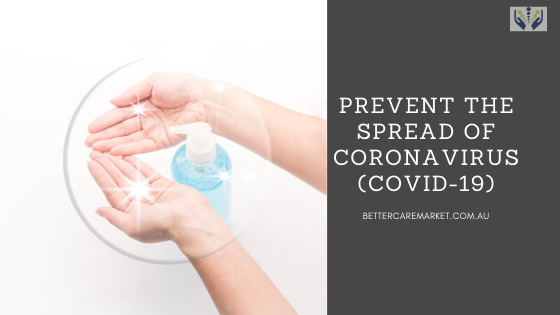






Comments